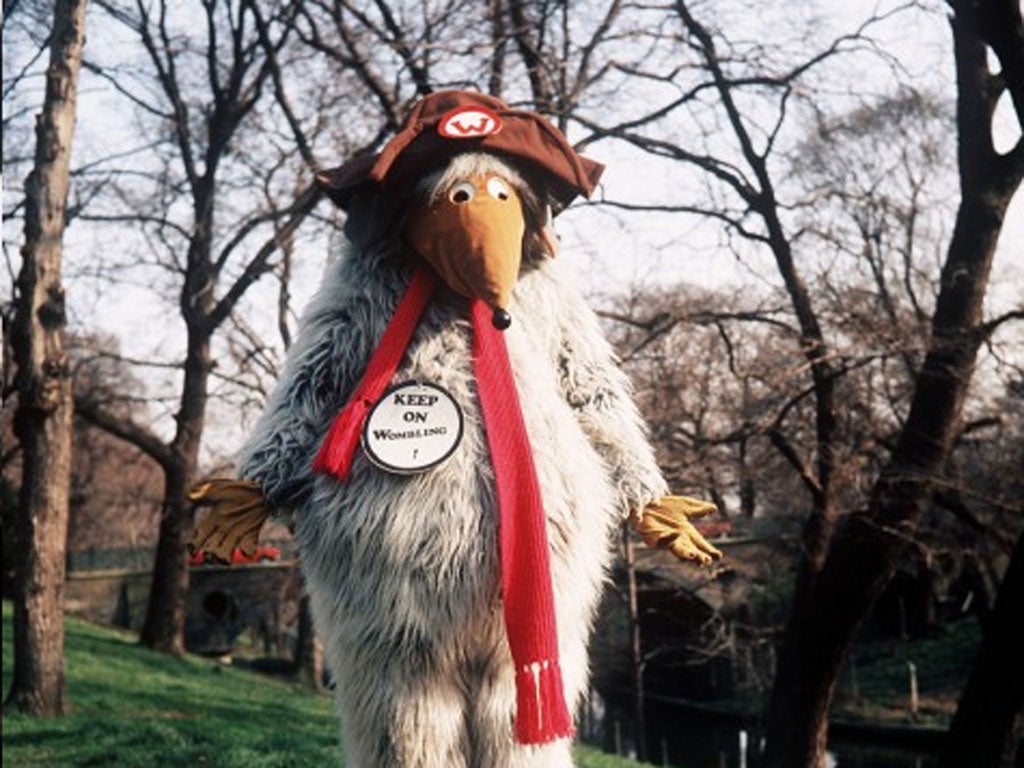Radio review: Darkside; How I Learnt to Stop Worrying and Love My Albatross

As a Seventies teenager I was rather put off Pink Floyd's classic album The Dark Side of the Moon by over-exposure – for about five years it was not possible to go to a party at which it wasn't played at least once. But as an atmospheric exploration of the human condition it deserves its status as one of the greatest LPs of all time, and Tom Stoppard makes a great go-to guy to celebrate its Big 4-0.
Darkside is an abstract drama (you don't get too many of those on Radio 2) inspired by the album, peopled by figures from a philosopher's thought experiments come to life – a boy who died so a trainload of people could live, a fat bloke whose demise saved three thin balloonists, and so on. It was clever and funny –the philosopher, played by Rufus Sewell, is also a superhero, Ethics Man – and fitted the music perfectly.
It makes for an extremely lively primer on moral philosophy, and its themes are grand: what is the greater good, can there be true altruism, are we as a race capable of redemption? Oh, and what the hell have we done to our planet? As Emily, the heroine, puts it, "Did we start off good and couldn't keep it up or did we start off bad and this is as far as we've got learning to be good?" We can act kindly, she decides. We are instinctively unselfish. But when we live for trickery and gain we turn against nature. Sounds spot-on to me.
Hits as big as Dark Side ... are notoriously hard to follow (though Floyd didn't do too badly) and can become massive millstones. Peter Paphides chose another metaphor for his neat investigation of what can happen in the wake of career-defining records, in How I Learned To Stop Worrying And Love My Albatross (****).
He used Elizabeth Kübler-Ross's five stages of grief as a model to quiz the likes of Ralph "Streets of London" McTell, Clare "Happy Birthday" Grogan and Mike "Womble" Batt on life after The Big One. Grogan was helped by the fact that her band, Altered Images, had insisted that their roadie was signed to the label on the same terms as them, and so still gets all the royalties that they do. "There's something very healing about that," she said. Ah, altruism – Stoppard would surely approve.
Subscribe to Independent Premium to bookmark this article
Want to bookmark your favourite articles and stories to read or reference later? Start your Independent Premium subscription today.

Join our commenting forum
Join thought-provoking conversations, follow other Independent readers and see their replies